For thousands of years, astragalus root (Astragalus membranaceus or Astragalus mongholicus) has been a cornerstone of Traditional Chinese Medicine (TCM), celebrated for its ability to enhance energy, bolster immunity, and support longevity.
Known as “huang qi” or “yellow leader,” this golden root is one of the most esteemed adaptogens in natural healing.
Modern research is beginning to validate what ancient practitioners have long known: astragalus is packed with compounds that offer various health benefits.
Let’s explore its incredible advantages and discover how to incorporate it into your daily life for optimal wellness.
What Makes Astragalus Root Special?
Astragalus root is packed with unique compounds that work synergistically to promote health.
For example, polysaccharides strengthen the immune system and support gut health. Additionally, saponins offer antioxidant protection and support respiratory health.
Furthermore, flavonoids enhance heart health and longevity. Finally, terpenes protect against cellular damage and optimize oxygen utilization.
This powerful combination of nutrients makes astragalus a versatile herb with benefits for nearly every system in the body.
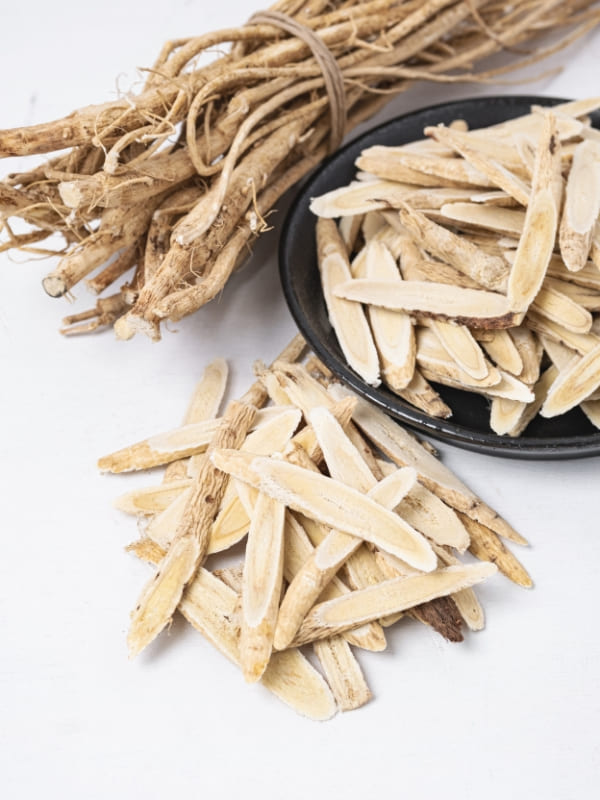
6 Health Benefits of Astragalus Root
1. Boosts Immune Function
Astragalus root is a natural immune modulator, meaning it helps balance an underactive or overactive immune system.
Specifically, it supports the production of immune cells like macrophages and T lymphocytes, which play vital roles in defending against infections.
A study published in Phytotherapy Research highlighted Astragalus’s ability to enhance immunity by stimulating phagocytosis, in which immune cells engulf harmful pathogens.
Therefore, Astragalus is particularly useful during cold and flu seasons or for individuals with weakened immunity.

2. Enhances Energy Levels
Astragalus has long been used as a tonic to combat fatigue and boost stamina. This is because it supports mitochondrial function, the energy-producing centers of cells, and increases oxygen utilization throughout the body.
Furthermore, chronic stress can deplete energy reserves by increasing cortisol production; however, astragalus helps your body adapt to stress, ensuring more resources are available for energy production.
3. Promotes Longevity and Cellular Health
Astragalus supports the production of telomerase, an enzyme that protects telomeres, the “caps” at the ends of chromosomes.
Since longer telomeres are associated with slower cellular aging, studies suggest astragalus may help maintain telomere length, which could promote healthier aging.
Consequently, this property makes astragalus a powerful ally for long-term health and vitality.

4. Supports Cardiovascular Health
The flavonoids in astragalus help relax blood vessels, promoting healthy blood pressure.
Additionally, its antioxidant properties protect against oxidative stress, which can damage blood vessels over time.
Thus, those looking to maintain healthy blood pressure and cholesterol levels will find astragalus particularly beneficial.
5. Provides Seasonal Allergy Relief
Astragalus has been shown to reduce histamine responses and alleviate inflammation, making it an effective natural remedy for seasonal allergies.
Moreover, a double-blind study published in Immunopharmacology found that participants taking astragalus experienced reduced allergy symptoms.
Therefore, by calming histamine release, astragalus supports respiratory health and reduces congestion.

6. Delivers Antioxidant Protection
Astragalus neutralizes free radicals and supports the production of superoxide dismutase (SOD), one of the body’s most potent antioxidants.
This dual action reduces oxidative stress, which contributes to aging and chronic diseases. This makes it best for individuals exposed to environmental toxins or seeking anti-aging benefits.
How to Use Astragalus Root
1. Astragalus Tea
You will need 3–10 tablespoons of dried astragalus root and 4 cups of water. First, simmer the root in water for 20 minutes.
Then, after simmering, steep the mixture for an hour before straining. Finally, drink 1–3 cups daily for immune support and energy.
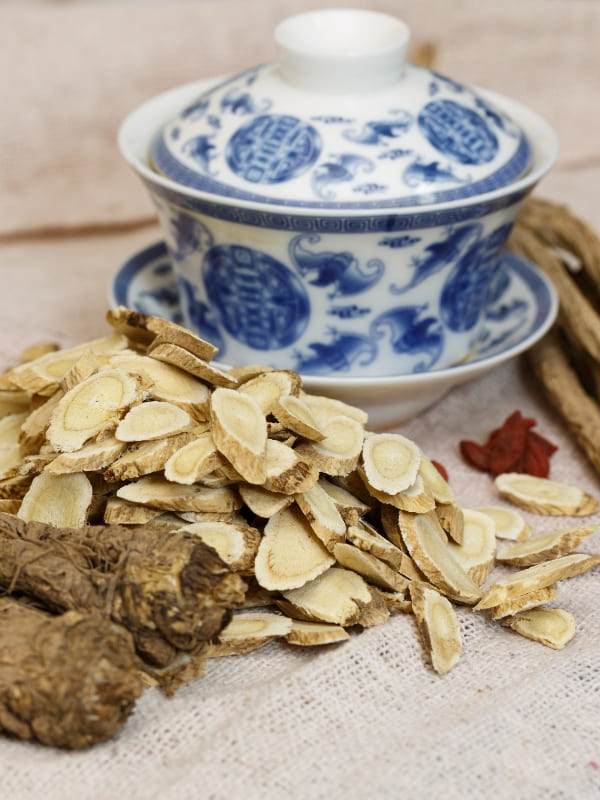
2. Astragalus Tincture
Gather 1 oz of dried root and 5 oz of 60-proof alcohol. Combine the root and alcohol in a jar, cover it tightly, and then let it steep for 6–8 weeks.
After the steeping period, strain the mixture and store the tincture. When using the tincture, take 40–80 drops 2–3 times daily or as directed by your healthcare provider.
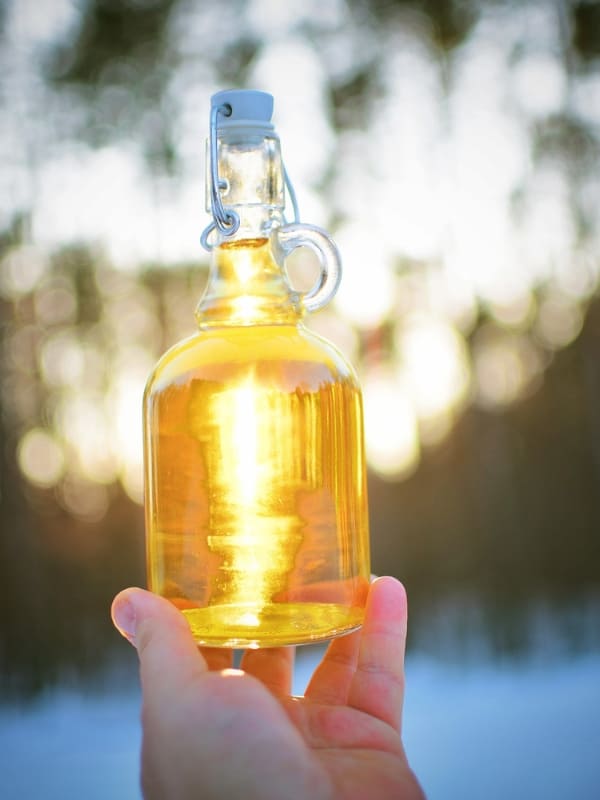
3. Soups and Broths
Simply add slices of dried astragalus root to your soups or broths. Simmer the soup or broth for 15–30 minutes, and then remove the astragalus root before serving.
This method effectively infuses your meal with therapeutic benefits without significantly altering the flavor.
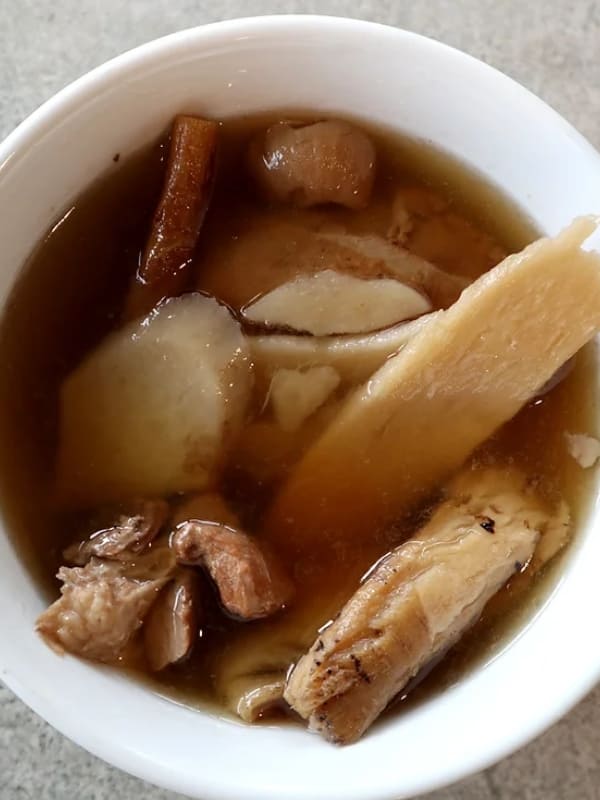
4. Smoothies
You can also incorporate astragalus into smoothies. Blend 1–3 teaspoons of powdered astragalus root into your smoothie.
For an added wellness boost, pair it with fruits and adaptogens like ashwagandha or reishi.
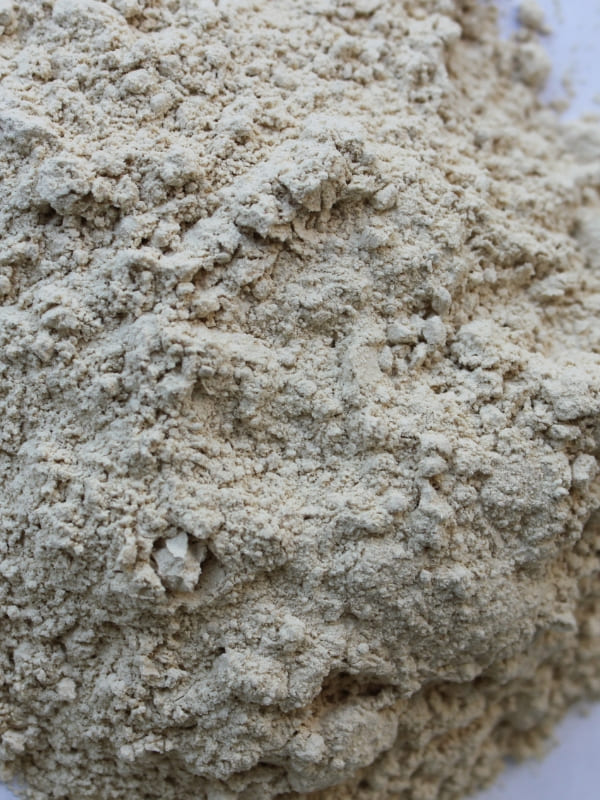
Cautions and Precautions
Astragalus may interact with certain medications. Specifically, it may interfere with immune-suppressing medications or enhance the effects of blood sugar-lowering drugs.
Furthermore, due to limited research on its effects during pregnancy and breastfeeding, it is crucial to seek professional medical advice before use.
It is important to note that only Astragalus membranaceus or A. mongholicus should be used; other species, such as locoweed, are toxic and should be avoided.
Disclaimer
This article is for informational purposes only and not a substitute for professional medical advice.
Always consult a healthcare provider before incorporating new herbs into your routine, especially if you have underlying conditions or are on medications.
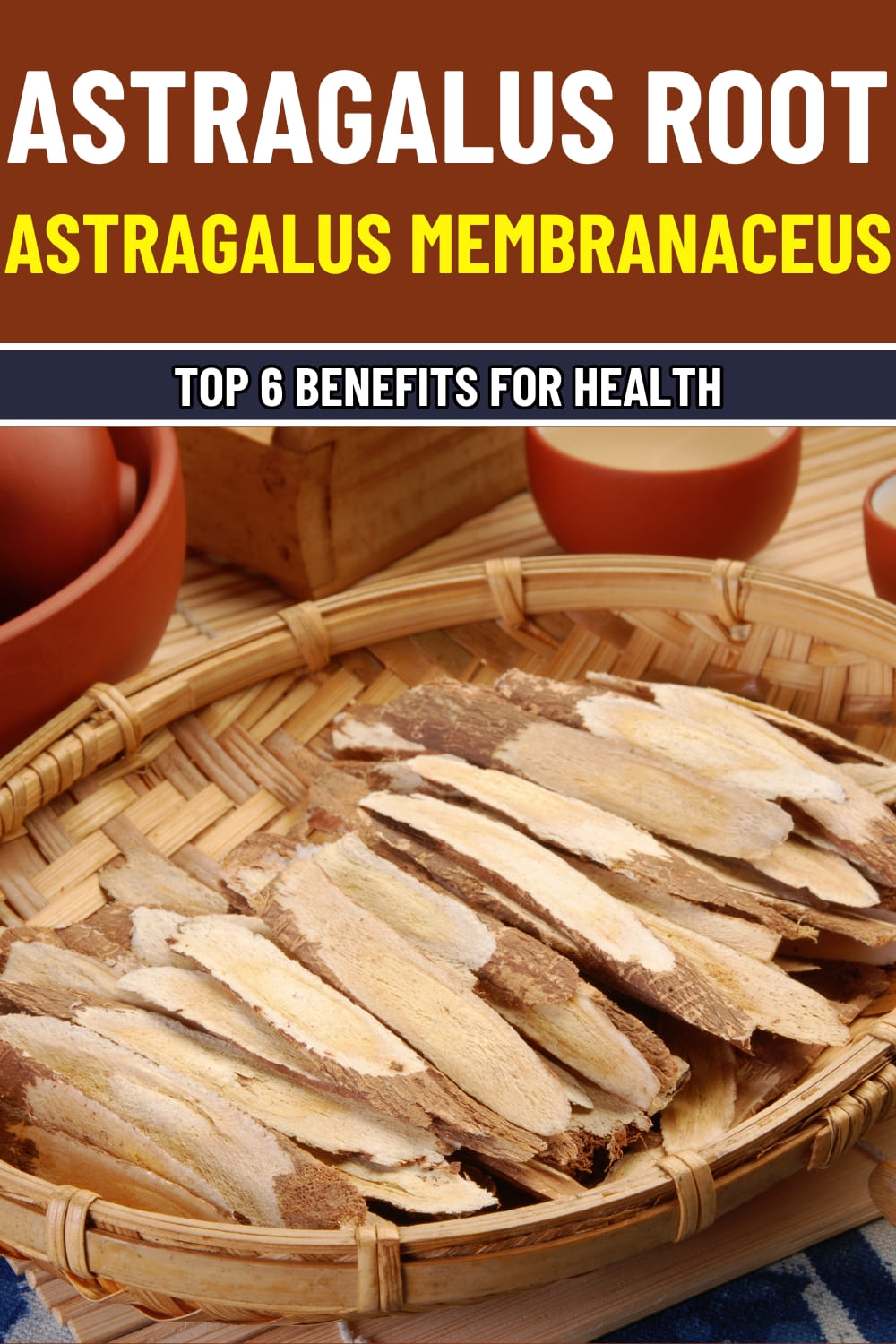
6 Proven Benefits of Astragalus Root And How to Use It Daily
